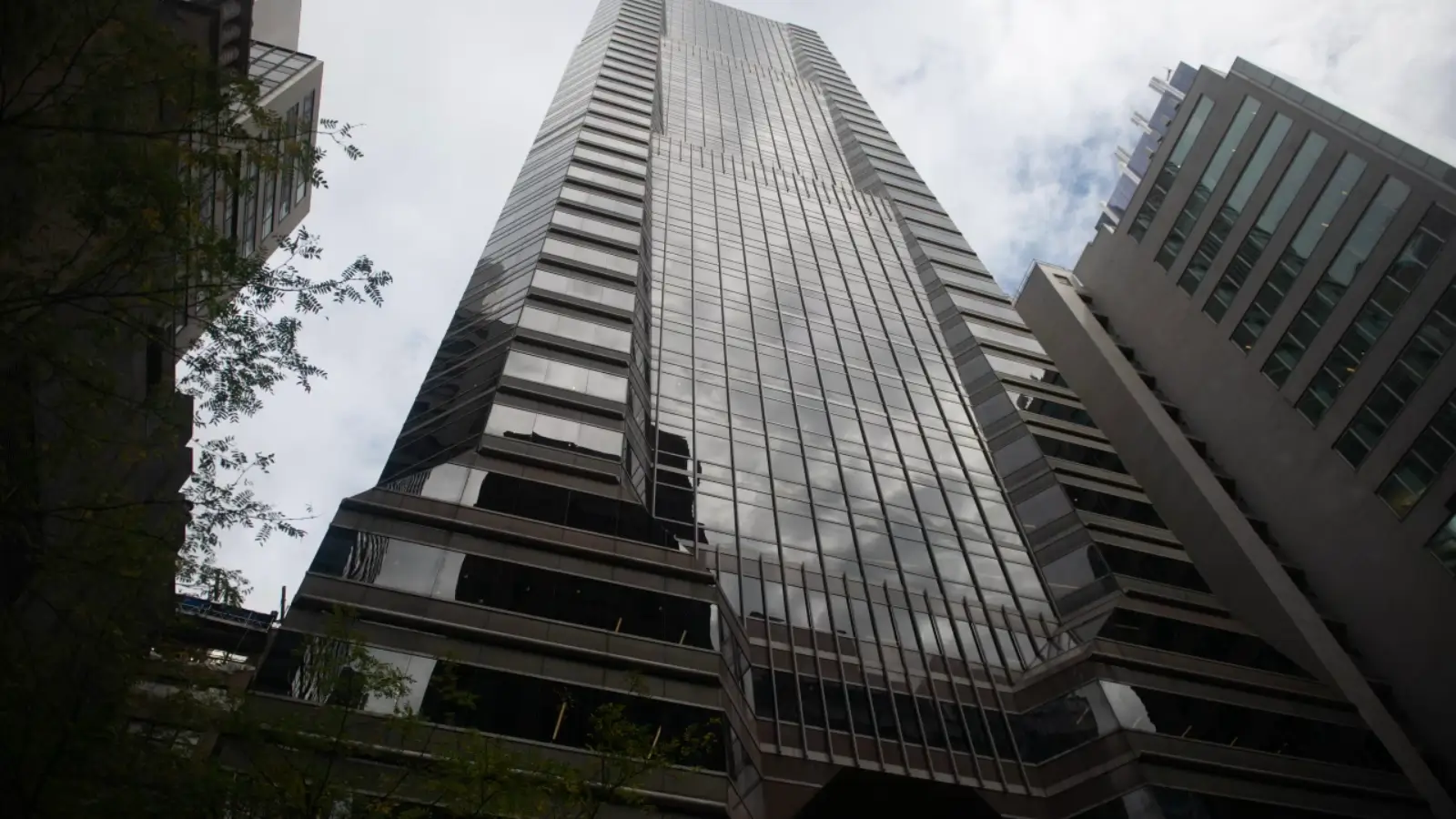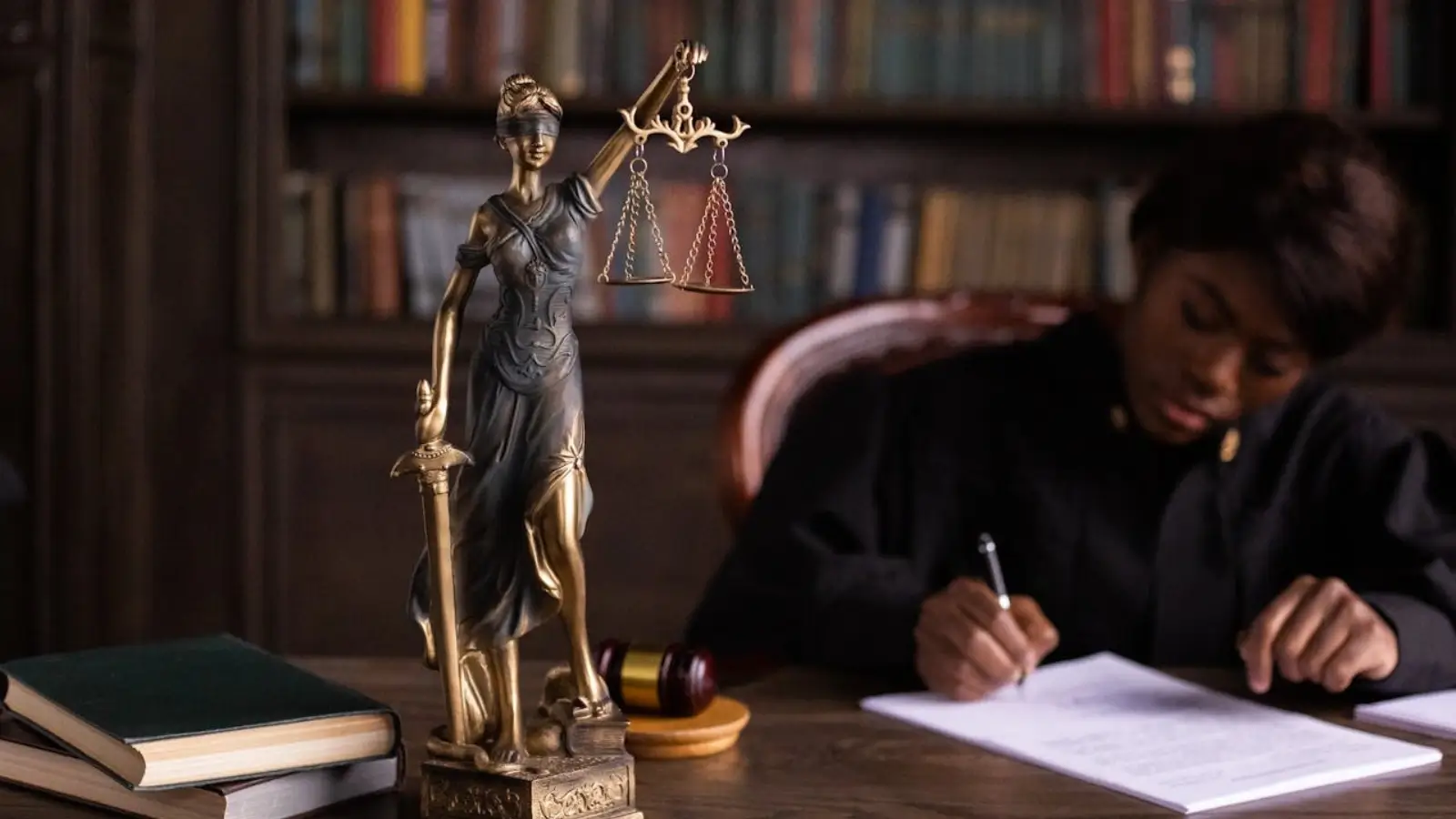


When domestic violence allegations arise during a parenting dispute, emotions often run high and uncertainty takes over. These situations can be legally and emotionally complex, but one thing is clear — the court’s primary concern is always the safety and wellbeing of the child. At the same time, the law recognises that, where it’s safe, children benefit from having a meaningful relationship with both parents.
So, what happens when domestic violence allegations surface during a custody matter? Can a parent still seek parenting orders? And how do courts decide what’s best for the child when safety is at risk? Let’s break it down.
Yes — in Australia, a parent can still apply for or retain parenting orders even if domestic violence allegations have been made. However, the court must be convinced that any time spent between the child and that parent will be safe.
When considering parenting orders in domestic violence cases, judges focus on one central question: Will the child be protected from harm? Safety comes first — always. If there’s a risk that time with one parent could place the child or the other parent in danger, the court may impose strict conditions or even suspend contact until those risks are resolved.
This doesn’t necessarily mean a parent will lose all contact. Sometimes, courts allow supervised visits or limited communication until the situation stabilises. Each case is unique, and the outcome depends heavily on the nature of the allegations, the evidence presented, and what the court determines is in the child’s best interests.
For parents navigating this sensitive stage, getting child custody legal advice in Sydney from experienced professionals can make an enormous difference. Firms like Justice Family Lawyers child custody legal advice Sydney offer guidance that helps parents understand their rights, gather strong evidence, and ensure their voice is heard in court.
In Australia, the Federal Circuit and Family Court approaches these cases with great care. The court looks at the risk of harm to the child, any family violence or intervention orders in place, and the nature and frequency of the alleged violence.
Judges also assess each parent’s ability to support the child’s emotional, psychological, and physical wellbeing. If one parent has a proven history of abusive or controlling behaviour, the court will consider how that might affect the child’s safety and development.
Sometimes, the court removes shared parental responsibility from one parent or places restrictions on communication and decision-making. In very serious cases, contact may be temporarily or permanently stopped. Still, not every allegation results in that outcome. Judges rely on credible, consistent evidence — not emotions or assumptions — before making such life-changing decisions.
Supervised visitation is one of the most common outcomes in cases involving domestic violence. It allows the child to maintain a relationship with a parent while ensuring their safety.
Under this arrangement, the child’s time with the parent happens in the presence of another adult — either a trained supervisor from an approved contact centre or a trusted relative chosen by the court.
Supervised visits are typically ordered when there’s a history of violence, substance abuse, or threats, or when the child expresses fear of being alone with the parent. Over time, if the parent demonstrates consistent positive behaviour and meets the court’s expectations, the court may gradually reduce or remove supervision.
However, if concerns persist or new evidence arises, supervision may continue indefinitely or visits could be suspended altogether. The court regularly reviews these arrangements to ensure they remain in the child’s best interests.
Evidence is the backbone of any parenting case involving domestic violence. Courts don’t rely on hearsay or emotion — they rely on facts. Parents can support their applications or defend themselves against allegations by providing credible evidence.
This may include police reports, protection orders (such as AVOs or DVOs), photographs of injuries or damaged property, medical records, text messages, emails, and social media communications. Statements from witnesses — such as neighbours, teachers, or counsellors — can also help paint a clearer picture of what’s really happening.
One of the most important pieces of evidence is a sworn affidavit. This document allows each party to tell their side of the story in detail, including key dates, events, and the impact of any alleged violence.
The judge will then weigh the evidence from both sides. If the evidence points to a genuine risk, the court will act to protect the child — even if that means changing or restricting contact with one parent.
Not automatically. Allegations of domestic violence alone don’t mean one parent loses shared parental responsibility. However, once the court confirms that violence has occurred, it can change that arrangement.
Normally, shared parental responsibility means both parents are involved in major decisions about their child’s upbringing — like education, healthcare, and religion. But if there’s a proven history of abuse or coercive control, the court may decide it’s not safe for parents to make joint decisions.
In that situation, one parent may be granted sole parental responsibility, allowing them to make key decisions without consulting the other parent. The non-responsible parent might still have time with the child, but they won’t have decision-making power.
The guiding principle remains the same: Is shared decision-making safe and in the child’s best interests? If not, the court will act accordingly — but always based on strong, credible evidence.
For those accused of violence or struggling with how allegations affect their rights, consulting a compassionate and experienced domestic violence lawyer in Brisbane can be invaluable. These professionals understand both the criminal and family law implications, helping parents navigate complex proceedings with clarity and confidence.
Parenting orders following domestic violence allegations can be emotionally draining and legally challenging. It’s easy to feel lost, but it’s important to remember that you’re not powerless — and you’re not alone. The court’s job is to protect your child’s safety while ensuring that any ongoing relationship with both parents happens under conditions that are safe and fair.
If you’re involved in a parenting dispute that includes domestic violence claims, don’t try to face it on your own. Seek professional legal advice early. A skilled family lawyer can help you prepare the right evidence, guide you through court processes, and represent your interests with empathy and expertise.
Parenting orders after domestic violence allegations are never one-size-fits-all. They depend on the facts, the evidence, and what’s genuinely best for the child. With the right legal and emotional support, it’s possible to move forward — safely, confidently, and with your child’s wellbeing at the centre of every decision.
Jeryl Damluan is a seasoned SEO Specialist and Outreach Specialist at Justice Network. She excels in building authority links and amplifying online presence for law firms and businesses through strategic content creation and digital marketing.